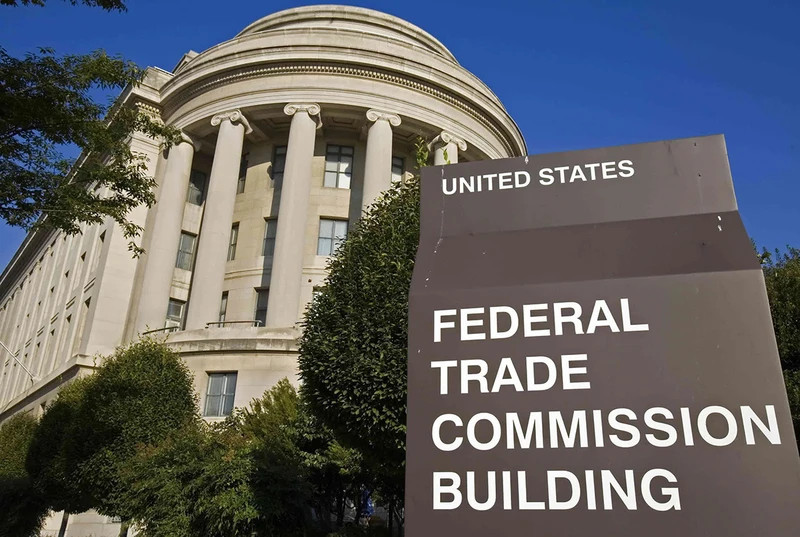A recently released report from the FTC exposes these practices based on a nearly four-year investigation into nine Big Tech companies, including major names like Meta, YouTube, Snap, Twitch (owned by Amazon), TikTok (owned by ByteDance), and X (formerly Twitter).
According to the investigation, the FTC found that these companies collect massive amounts of data, not just about users but also about non-users, even purchasing it from data brokers, and they can store it indefinitely. All this user data is used for commercial advertising purposes, with the profits flowing into the pockets of the social media platform owners.
The FTC claims that this activity places profit over privacy, seriously violating users’ rights and exposing them to the risk of personal data theft or surveillance.
The report also points out that the data collection practices of these companies have significant shortcomings, with some even ignoring requests to delete personal data when users ask. Additionally, the companies’ data-sharing practices raise concerns about how well user data is protected. The report calls on Big Tech to limit data collection and urges the US Congress to pass comprehensive data protection laws to prevent personal data theft.
FTC Chair Lina Khan stated that the report outlines how social media platforms and video streaming services collect and monetise vast amounts of personal data from Americans. These companies earn billions of dollars from this activity annually. Particularly troubling is the fact that many platforms have no safeguards in place to protect children and teenagers online.
On the other hand, David Cohen, CEO of the Interactive Advertising Bureau (IAB) of America, expressed disappointment and refuted the report as inaccurate, claiming it does not reflect the true relationship between users and digital advertising. According to him, many studies show that consumers understand and accept the “exchange” when they access “free” information and services.
Google spokesperson Jose Castaneda asserted that the company has strict privacy policies, does not buy or sell users’ personal information, and does not use sensitive information for advertising purposes. He added that Google does not use users’ data for advertising purposes targeting individuals under 18.
The debate between the parties remains unresolved, but concerns about personal data collection have negatively affected several social media platforms. A recent survey by international market research firm Kantar, conducted with 1,000 businesses and 18,000 users in more than 20 countries, found that around 26% of the businesses surveyed plan to cut advertising spending on the X platform by 2025, citing concerns that violent and extremist content on the platform could damage their brands.
According to Kantar, based in London, this is the largest-ever percentage of businesses withdrawing from any global advertising platform. Among the surveyed businesses, only 4% believed that advertising on the X platform ensured the safety of their brand. In contrast, 39% of businesses felt that way about Google.
Telegram is one of 16 communication platforms frequently exploited in investment scams in Malaysia, followed by Facebook and WhatsApp. The Malaysian Commercial Crime Investigation Department reported that the Southeast Asian country recorded 1,346 investment scam cases via the Telegram app in the first eight months of this year, resulting in losses of up to 29.96 million ringgits (nearly 7 million USD). Facebook and WhatsApp recorded 948 and 873 cases respectively, followed by Instagram with 146 cases.
















